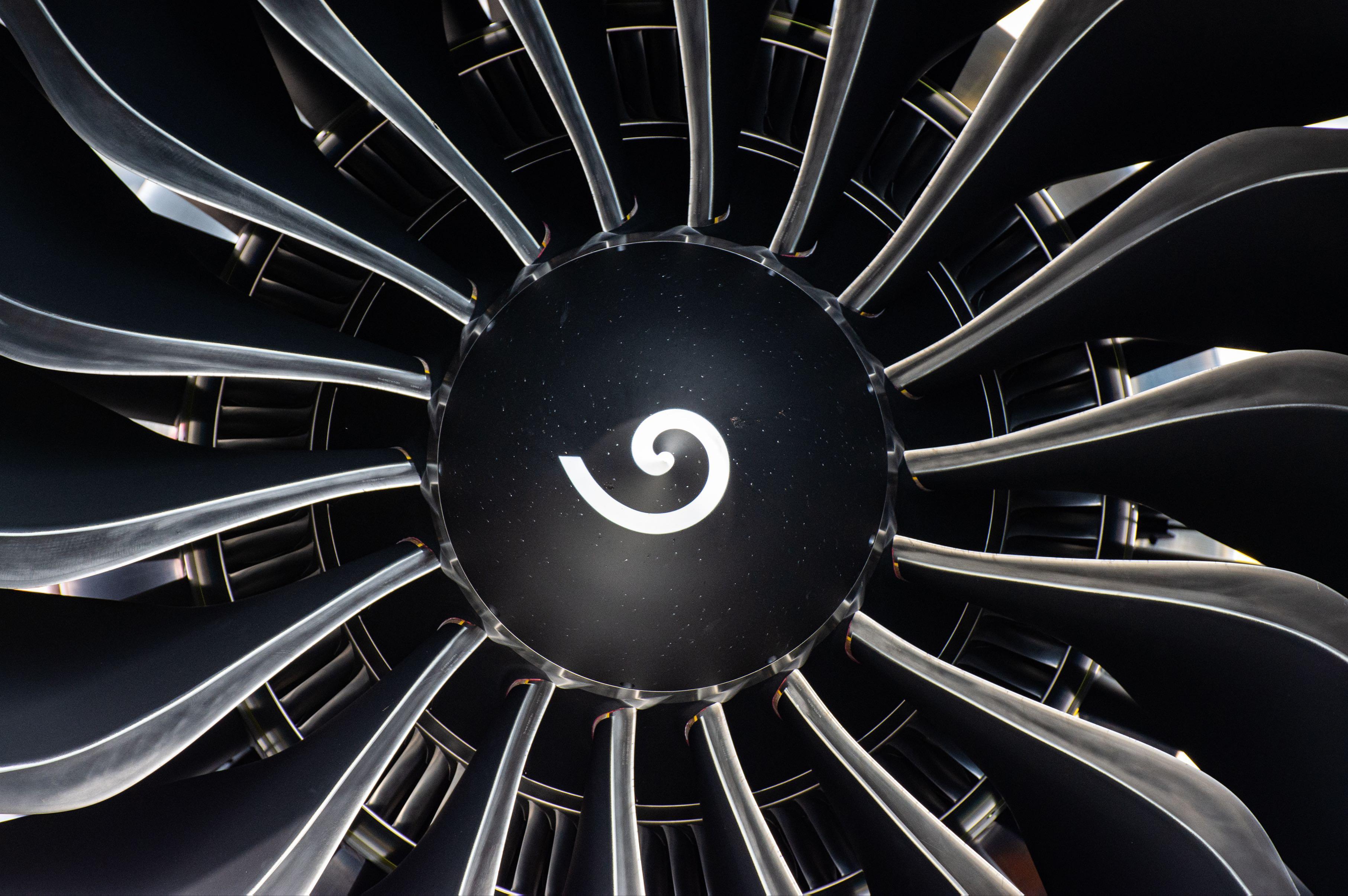
Credit: Airbus - Jean-Vincent Reymondon
The FAA plans to mandate a recently introduced fix for CFM International Leap 1A non-synchronous vibration (NSV) problems that has led to several in-service incidents. In a draft airworthiness directive (AD) set for publication Oct. 11, the FAA proposes requiring operators to monitor NSV levels and...
Subscription Required
This content requires a subscription to one of the Aviation Week Intelligence Network (AWIN) bundles.
Schedule a demo today to find out how you can access this content and similar content related to your area of the global aviation industry.
Already an AWIN subscriber? Login
Did you know? Aviation Week has won top honors multiple times in the Jesse H. Neal National Business Journalism Awards, the business-to-business media equivalent of the Pulitzer Prizes.





